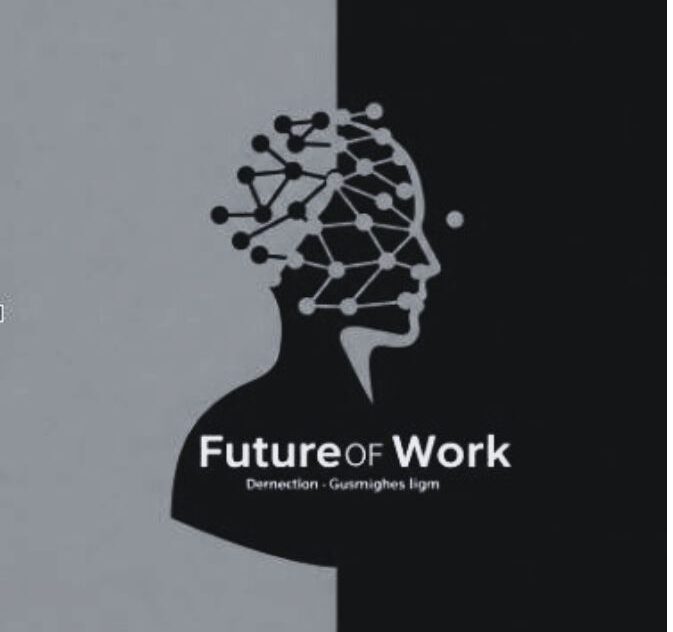Welcome to the year 2035, where job interviews have evolved from “Tell me about yourself” to “How well do you collaborate with sentient algorithms?” In this new age of AI-augmented work, soft skills and human-AI synergy are the currency of employability. If you thought nailing your body language was enough, think again—your interview might be analyzed in real-time by an empathy-sensing bot while a holographic recruiter checks your AI fluency score.
Here’s a sneak peek at the kinds of questions (and the best kinds of answers) you might face in interviews of the future. Spoiler alert: “I’m a team player” won’t cut it anymore.
Q1: Describe a time when you collaborated with an AI system to solve a problem.Why they ask it: Because you will be working with AI. Probably several. And they don’t take coffee breaks.Smart answer: “At my last role, I worked alongside an NLP-powered assistant to streamline customer inquiries. I trained it with custom data sets and fine-tuned the model for sentiment detection. When it flagged anomalies, I stepped in for nuanced handling. It was a productive human-machine loop.”
Q2: How do you resolve conflicts between human judgment and algorithmic recommendations?Why they ask it: Because AI isn’t always right, and neither are you. The magic lies in knowing when to override.Smart answer: “I compare the model’s output with contextual human factors. If they clash, I investigate the data and assumptions behind the algorithm. Then, I consult with the team. Transparency and iterative feedback are essential.”
Q3: Have you ever audited or challenged an AI decision? What was the outcome?Why they ask it: Because ethical oversight isn’t just for compliance—it’s core to modern decision-making.Smart answer: “Yes. Our HR tool flagged a candidate as ‘high risk’ due to a non-linear career path. I dug into the data and found the model had bias against career switchers. We escalated it, and the model was retrained. The candidate was hired and became one of our best performers.”
Q4: What’s your process for training AI to augment your productivity?Why they ask it: Because you’re expected to coach your digital coworkers. Think of it as onboarding a tireless intern.Smart answer: “I begin by defining clear objectives and input parameters. I test initial outputs for noise and retrain on edge cases. I also create a feedback loop so it continuously learns from real-world use.”
Q5: How do you stay emotionally intelligent in a workplace full of artificial intelligence?Why they ask it: Because in the future, human feelings might be your superpower.Smart answer: “I stay grounded by regularly checking in with team members. I also use AI mood analytics not to replace intuition, but to inform it. Empathy, not efficiency, is the edge in AI-dense teams.”
Bonus Curveball: What’s your AI alignment score, and would your last AI assistant recommend you?Why they ask it: Because your digital assistant has a performance review—of you.Smart answer: “My alignment score is 92. I prioritize clarity, minimize bias in prompts, and maintain respectful boundaries. My assistant once flagged my calendar as ‘inhumanly optimistic’—we both learned from that.”
The Future is Not Automated. It’s Augmented.
The workplace of tomorrow isn’t a Terminator-style dystopia or a utopia of infinite leisure. It’s something more nuanced—and much weirder. In this world, the best candidates aren’t the fastest coders or most efficient number-crunchers, but those who can navigate ambiguity, question automation, and play well with both carbon- and silicon-based colleagues.
So next time you prepare for an interview, don’t just rehearse your accomplishments—practice your prompts.






